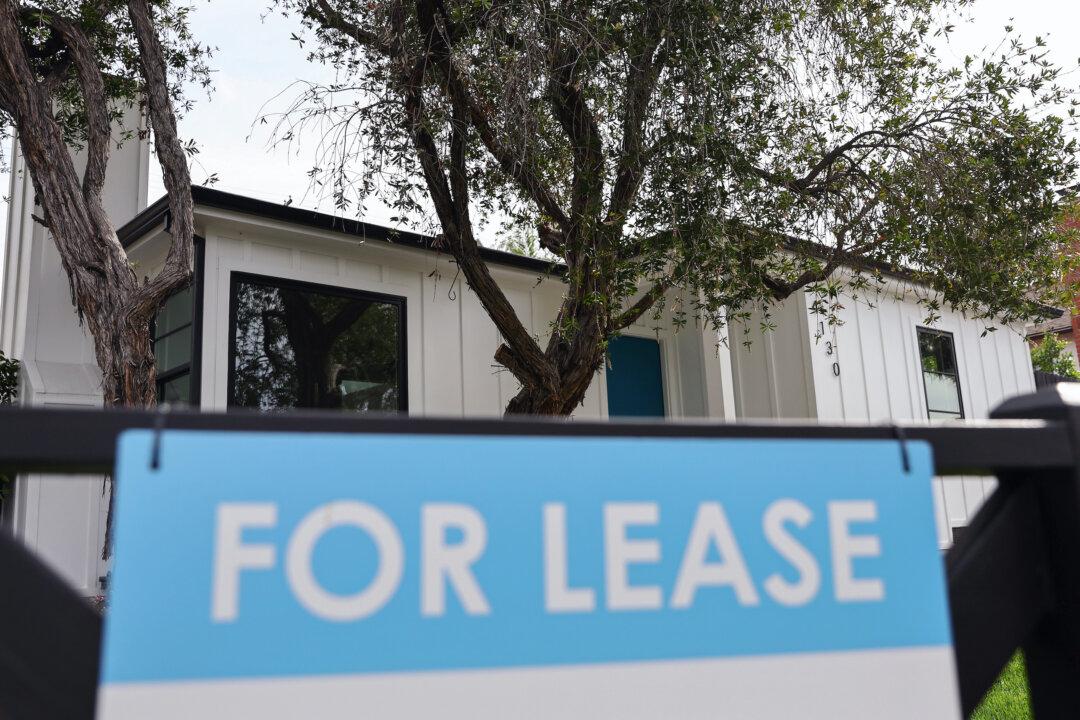The largest operator of single-family homes in the nation will now reimburse some California tenants after raising their rents above California limits, in a settlement reached with the state’s attorney general.
“Californians are facing a housing crisis of epic proportion. California has laws in place to protect tenants from sudden, large rent increases, and landlords need to be diligent in ensuring that they abide by those laws,” said Attorney General Rob Bonta in a Jan. 8 press release announcing the settlement.





